How to Apply For a Liquor License in Uttar Pradesh | Latest Update 2026
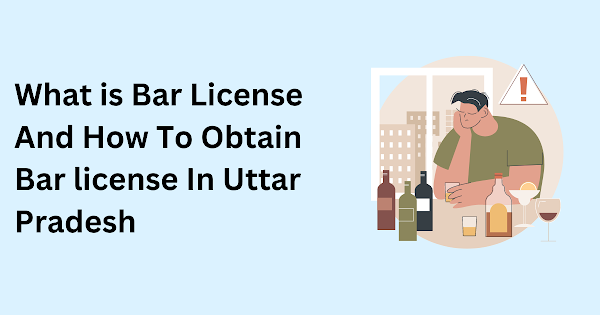
Acquiring a liquor license in Uttar Pradesh is a crucial step for businesses that intend to sell or manufacture alcoholic beverages. The process involves several stages, including preparation, documentation, and adherence to specific regulatory requirements set by the Uttar Pradesh Excise Department. Here’s a detailed guide on how to get a liquor license in this region as per latest rules in 2026.
Understanding the Types of Liquor Licenses
Contents
Before applying, it’s important to understand the different types of liquor licenses available in Uttar Pradesh:
- FL-2 License: For retail sale of foreign liquor and beer.
- L-1 License: For wholesale supply of Indian Made Foreign Liquor (IMFL) and imported foreign liquor.
- L-3/L-5 License: Granted to hotels/restaurants for the service of foreign liquor.
- L-6 License: For the retail sale of Indian liquor in specific areas.
- L-9 License: For the retail vend of bottled Indian liquor at shopping malls.
- L-10 License: Similar to L-9 but applicable in specific areas as designated by the government.
Each license type has specific criteria and application processes, tailored to different business operations.
Latest Updates: January 2026 & Budget 2026
- Target Growth: The UP Excise Department has set an ambitious revenue target of approximately ₹68,000 crore for the 2026-27 fiscal year, a nearly 10% increase from the previous year.
- Fee Revision: Under the 2026-27 policy, license fees for retail shops are expected to see a 10% hike across most categories.
- e-Lottery Mandatory: For the first time in years, all retail liquor shops (Country, Composite, Model, and Cannabis) are being allocated through a computer-driven randomized e-lottery system instead of the traditional renewal process.
- Composite Shops: The concept of “Composite Shops” remains central, where consumers can purchase multiple types of alcoholic beverages from a single outlet to streamline retail operations.
Eligibility Criteria
To apply for a liquor license in Uttar Pradesh, the applicant must fulfill the following criteria:
- Must be at least 21 years old.
- Should not have any criminal record.
- Must have a viable business plan related to the sale or manufacture of liquor.
- The business location must comply with state laws, being a certain distance away from schools, religious places, and hospitals.
Application Process
The process of obtaining a liquor license in Uttar Pradesh can be complex and requires thorough preparation:
- Preparation: Understand the specific type of license you need based on your business model. Prepare a detailed business plan that includes your proposed activities, type of liquor sold, target market, and compliance strategy with local laws.
- Documentation: Gather the necessary documents. Typically, this includes:
- Identity proof (Aadhaar Card, PAN Card, Voter ID)
- Address proof (Electricity bill, Lease agreement, Property documents)
- NOC from the local municipal corporation
- NOC from the fire department, if applicable
- Detailed plan of the business premises
- Financial records and proof of financial stability
- Filing the Application: Visit the official website of the Uttar Pradesh Excise Department or the respective district authority to access the application forms. Complete the application form with all required details and attach the necessary documentation.
- Application Fee: Pay the application fee, which varies depending on the type of license you are applying for. This fee is non-refundable and must be paid at the time of application submission.
- Inspection: After applying, an inspection might be scheduled where officials will visit the business premises to ensure it meets all the requirements specified in the regulations.
- Approval Process: If your application and business premises meet all the criteria, the Excise Department will process your application. This process may take several weeks or months, depending on various factors.
- License Issuance: Upon approval, you will receive your liquor license, which will detail the terms and conditions, including the validity period of the license and any specific restrictions or requirements.
Obtaining a liquor license in Uttar Pradesh has been streamlined thanks to the availability of online application processes. This digital approach facilitates a more efficient and less time-consuming procedure for businesses looking to sell or distribute alcoholic beverages. Here’s a detailed guide on the online procedure for securing a liquor license in Uttar Pradesh.
Step-by-Step Online Application Process
Step 1: Determine the Type of License Required
Before applying, you must identify the specific type of liquor license suitable for your business needs, such as retail, wholesale, or for a restaurant/hotel. The types include FL-2, L-1, L-3/L-5, L-6, L-9, and L-10, among others.
Step 2: Visit the Official Excise Department Website
- Access the Portal: Go to the official website of the Uttar Pradesh Excise Department. This platform provides all the necessary details and access to the application forms for various types of liquor licenses.
- Registration: If you are a new user, you will need to create an account on the portal. This typically requires basic information such as your name, contact details, and a valid email address.
Step 3: Fill Out the Application Form
- Form Details: Once logged in, navigate to the relevant section for liquor licenses and select the type of license you wish to apply for. Download the application form or fill it out online if available.
- Document Uploads: Attach all required documents digitally. This may include identity proof, address proof, NOC from the fire department and municipal corporation, a detailed plan of the business premises, and financial stability proof.
Step 4: Pay the Application Fee
- Online Payment: The application fee depends on the type of license you are applying for. Make the payment online through the payment gateway integrated into the excise department’s website.
Step 5: Submit the Application
- Review and Submit: Review all entered information and attached documents for accuracy before applying. Once submitted, you will receive an acknowledgment receipt or number, which can be used to track the status of your application.
Step 6: Application Processing and Inspection
- Inspection: The excise department may schedule an inspection of the premises to ensure compliance with all the requirements. Be prepared to facilitate this inspection and provide any additional information or documentation requested by the inspectors.
Step 7: License Approval and Issuance
- Approval Notification: If your application meets all criteria and passes the inspection, you will be notified about the approval of your liquor license.
- License Download: Once approved, you can download the license from the portal. A physical copy might also be mailed to your registered address.
Participating in the e-Lottery
For retail shops, the department releases a tender notice (typically in February).
- One Applicant, Two Shops: You can only submit one application per person and cannot be allotted more than two shops across the entire state.
- Processing Fee: Non-refundable fees vary by location, ranging from ₹40,000 (Rural) to ₹65,000 (Major Cities) for country liquor.
Required Documents for Online Application
- Identity and Address Proof: PAN Card, Aadhaar Card, Voter ID, etc.
- Business Registration Proof: Incorporation certificate, partnership deed, etc.
- NOCs: From local municipal bodies and the fire department.
- Premises Proof: Lease agreement or ownership documents of the business location.
- Financial Documents: Bank statements, tax returns, and other proof of financial stability.
- Detailed Layout Plan: The business premises show all operational areas.
Important Tips
- Keep Digital Copies: Ensure you have scanned copies of all required documents in the prescribed format and size as mentioned on the website.
- Regular Updates: Check your email and the excise department’s portal regularly for updates or requests for additional information.
- Legal Compliance: Familiarize yourself with all the legal requirements and ensure your business complies with local laws regarding the sale of alcohol.
Important Points to Consider
- Renewal: Liquor licenses in Uttar Pradesh are subject to renewal. Ensure you understand the renewal process, including timelines and fees, to maintain the legality of your operations.
- Regulations Compliance: Adhere to all state and local regulations concerning liquor sales, including timings, days of operation, and legal age limits for customers.
- Legal Assistance: Given the complexities of the liquor licensing process, it might be beneficial to consult with or hire a legal expert who specializes in excise law.
Conclusion
Obtaining a liquor license in Uttar Pradesh requires careful planning, adherence to legal requirements, and a thorough application process. By ensuring all criteria are met and maintaining compliance with local laws, businesses can successfully navigate this process. Keep abreast of any changes in state policies or regulations to ensure continuous compliance and operation.

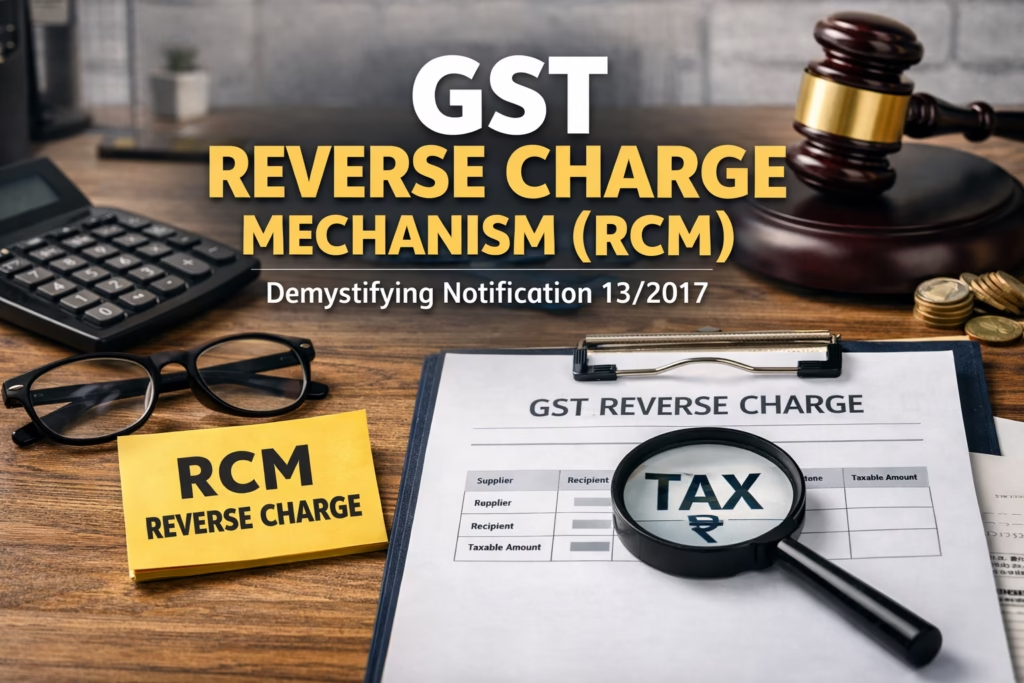
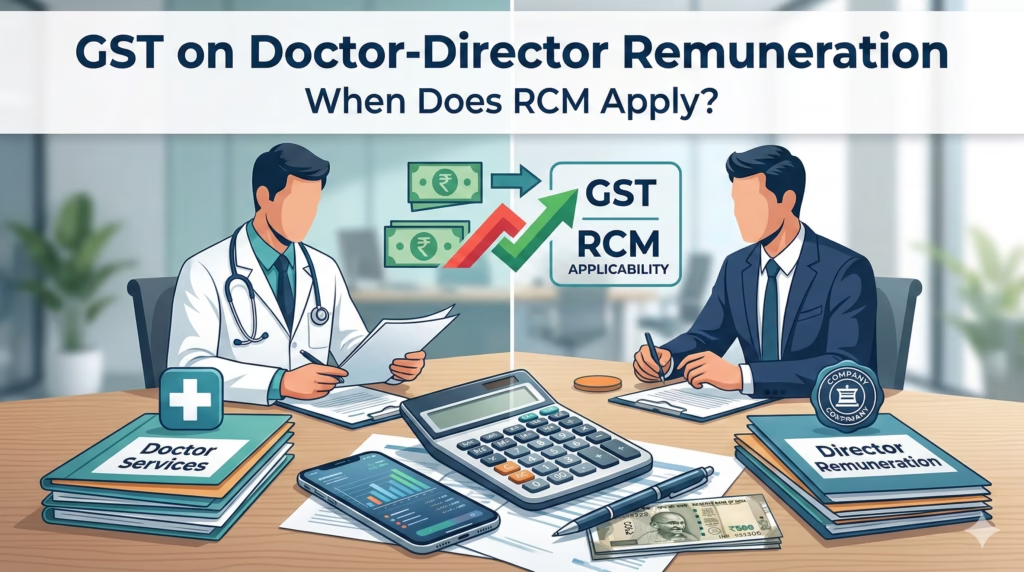

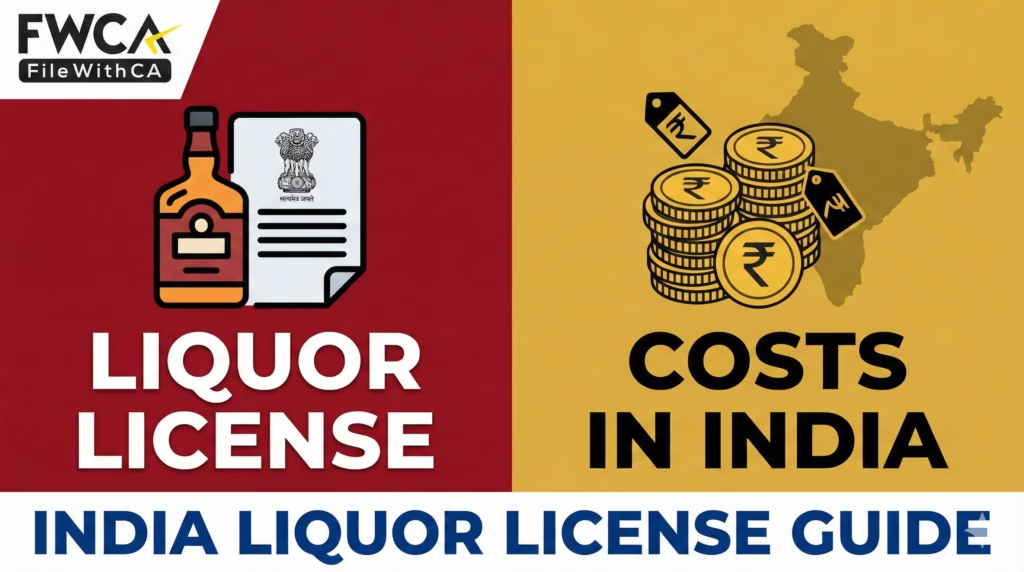
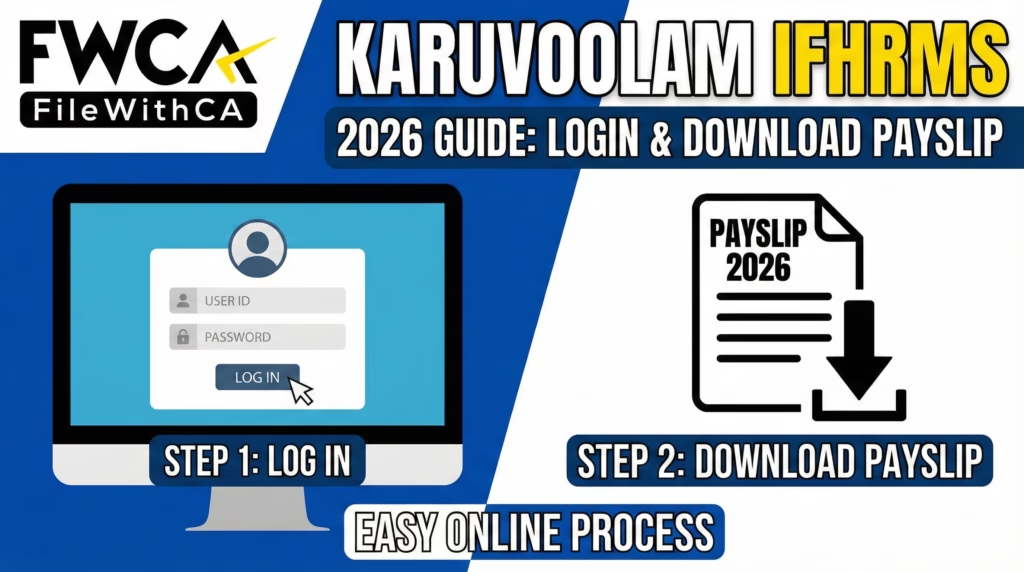
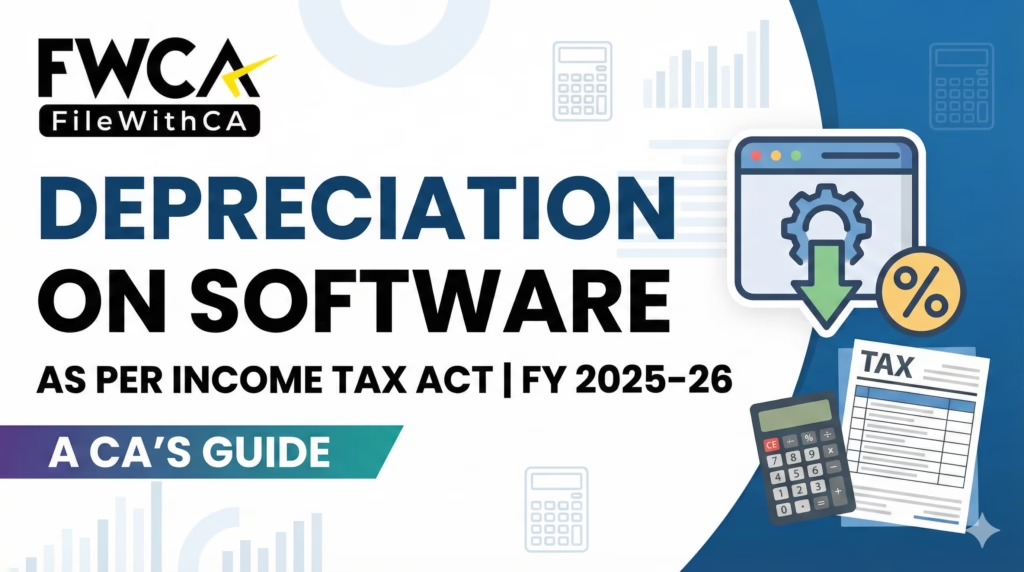
Leave a Reply